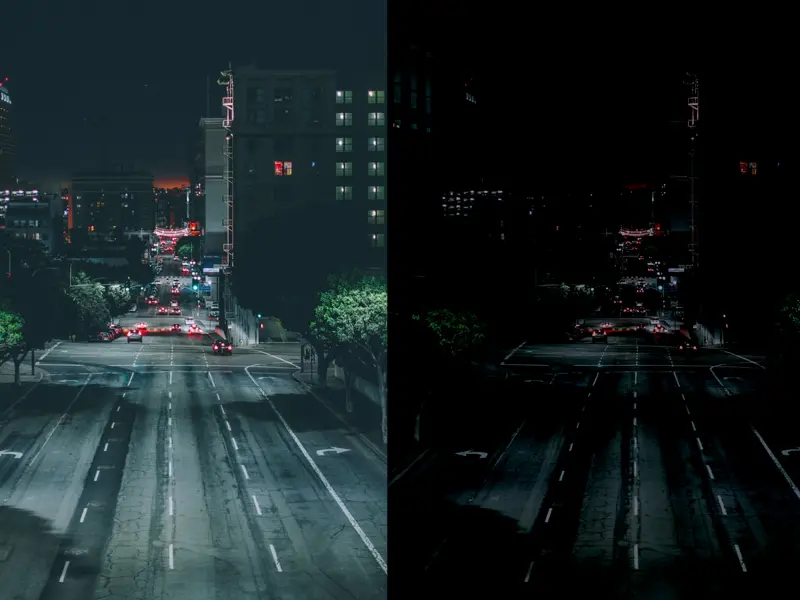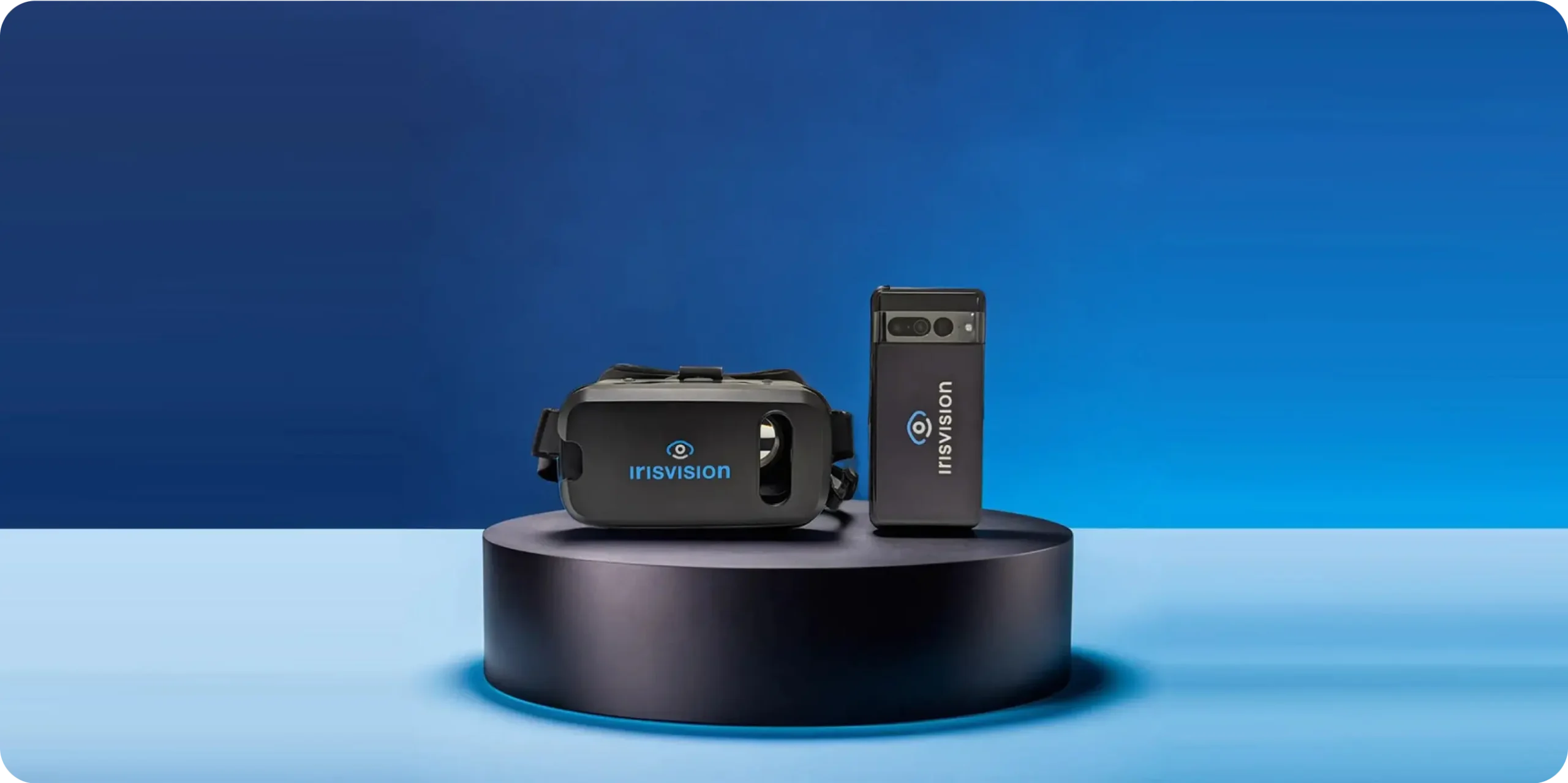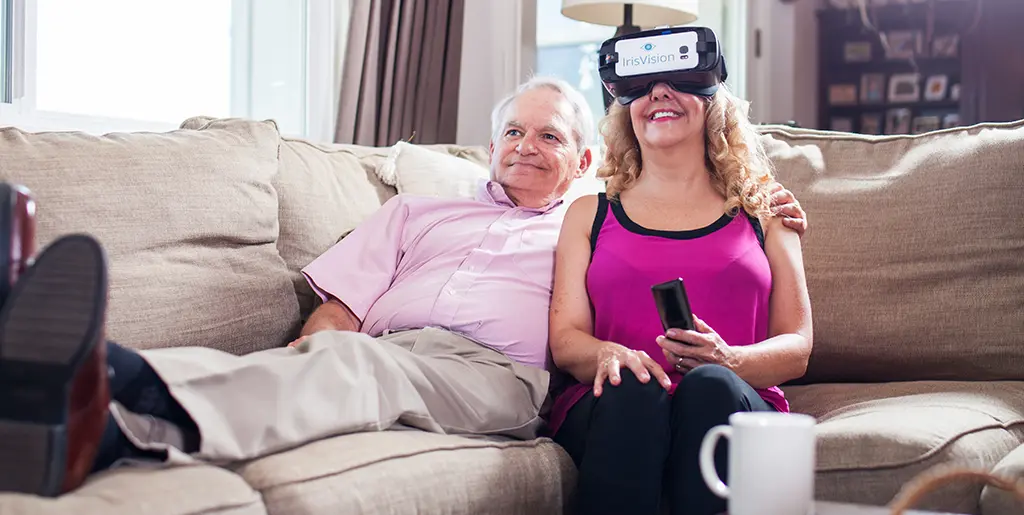Gene therapy is categorized as one of the viable medical interventions that replaces defective genes with normal ones. Clinical trials are currently underway for gene therapy treatments, where efforts are being made to find the problematic gene(s) for various types of cases of RP.
Photodynamic therapy delivers drugs to your retina by injecting them into your bloodstream, which then absorbs light and activates the drug. This treatment destroys diseased cells in your retina and prevents further cell death.
Other treatment options include RP Stem Cell Treatment, Retinal Implants, etc.
If you are at risk for retinitis pigmentosa, it is important to visit your doctor for regular eye exams. Your doctor may be able to prevent blindness or slow down the progression of RP by prescribing certain vitamins and medications.








